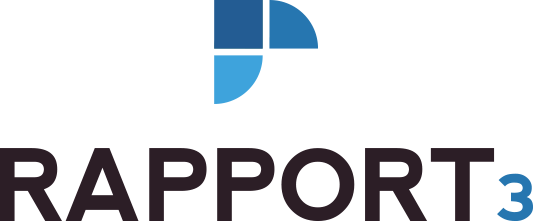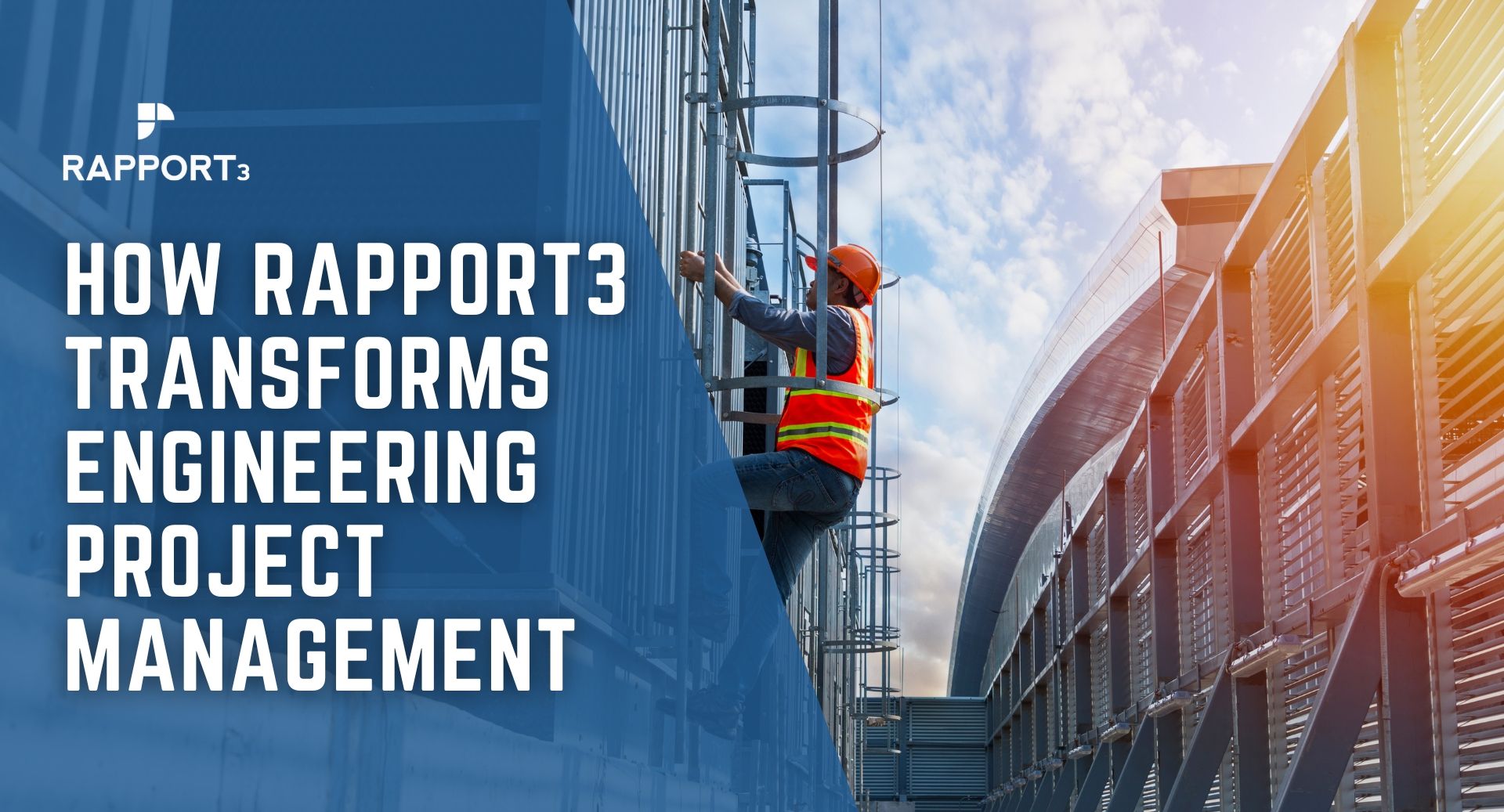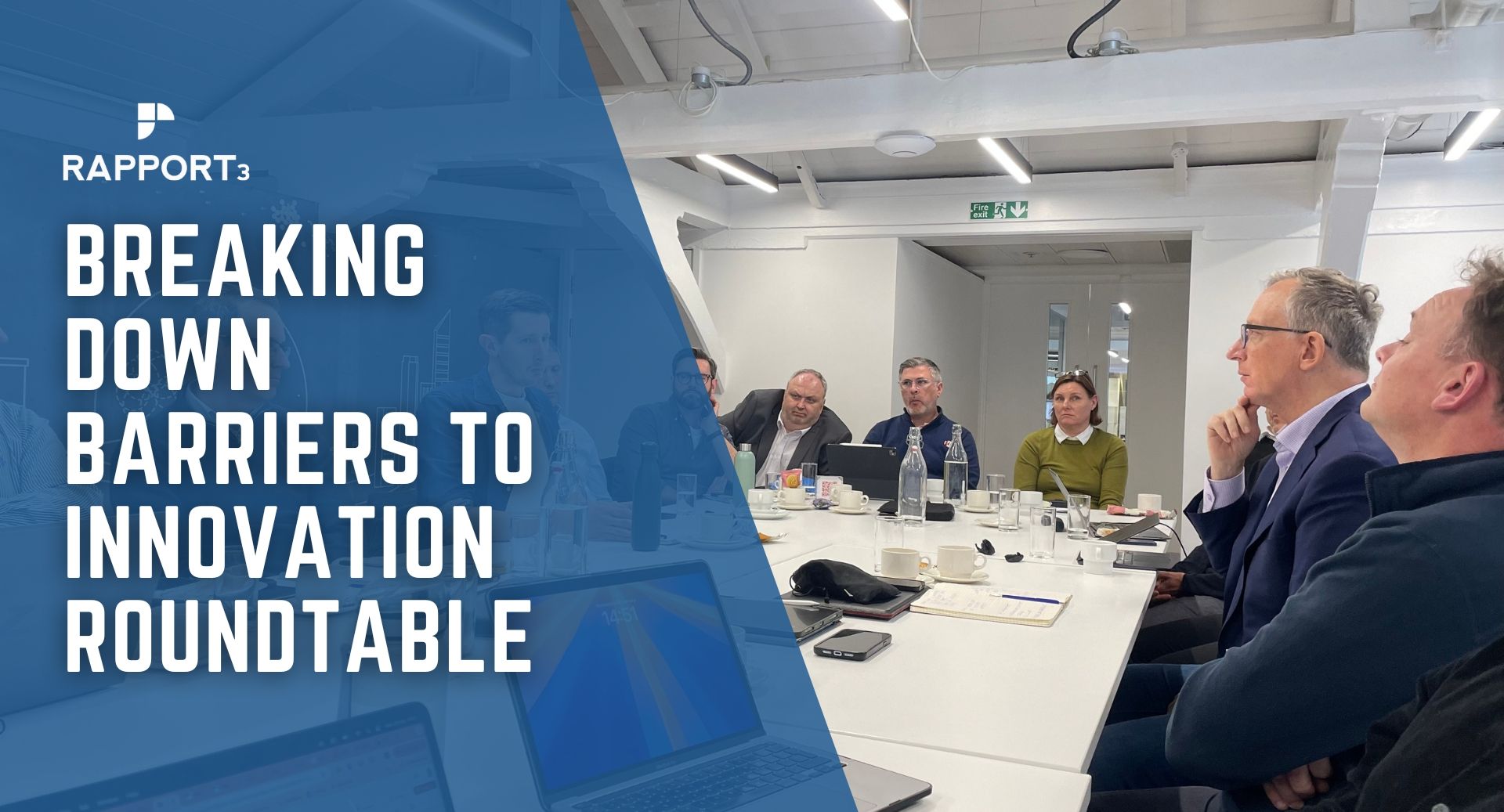Optimising Architecture Projects with Rapport3 and the RIBA Plan of Work
The RIBA Plan of Work is the industry standard for organising and managing building design and construction projects within the UK and beyond. Established by the Royal Institute of British Architects (RIBA), this framework breaks down a project's lifecycle into clear stages, making tracking progress and ensuring quality outcomes easier. While the Plan of Work is incredibly comprehensive, putting it into practice can still be daunting, especially without the right project management tool.
That's where Rapport3 comes in. Purpose-built for architecture, engineering, and project-focused firms, Rapport3 provides the structure and flexibility needed to align with the RIBA Plan of Work. By seamlessly integrating fee management, resource tracking, and stage-by-stage workflows, Rapport3 empowers architects to focus on delivering exceptional designs—without getting lost in administrative details.
What Is the RIBA Plan of Work?
The
RIBA Plan of Work
has been guiding architectural projects for decades, offering a series of stages that take a project from initial briefing to completion:
- Strategic Definition
- Preparation and Brief
- Concept Design
- Spatial Coordination
- Technical Design
- Manufacturing and Construction
- Handover
- Use
Each stage provides key tasks and outputs, such as feasibility reports, concept designs, planning submissions, or post-occupancy evaluations. The plan aims for clarity, but using it in daily project management can be tricky. This is especially true for firms handling many projects and tight deadlines.
Challenges in Implementing the RIBA Plan of Work
Complex Workflows
Architects must manage many tasks and stakeholders throughout each RIBA stage. Without a centralised system, it's easy for critical details to get lost or overlooked.
Resource and Fee Allocation
Different stages often have different fee allocations, requiring precise financial tracking and resource planning to stay profitable.
Documentation and Compliance
Architecture projects produce a vast amount of documentation, from design revisions to regulatory submissions. Ensuring everyone has access to the latest versions can be a challenge.
Changing Project Requirements
Client needs, site conditions, or local regulations can shift mid-project. A tool that can adapt and capture these changes is crucial for maintaining project momentum and clarity.
How Rapport3 Supports Each RIBA Stage
Managing Complexity
As engineering firms expand, projects become more varied. You may tackle infrastructure developments, renewable energy projects, or large-scale retrofitting, each with unique compliance and budgeting requirements. Keeping track of tasks, timelines, and financials across many different types of work can strain traditional spreadsheets or basic management apps.
Resource Allocation Across Multiple Locations
A local engineering firm grows into a regional or even global enterprise. Instead of having one office and a small pool of engineers, you have multiple offices (possibly in different time zones) and specialised teams with varied skill sets. Ensuring the right people are assigned to the right projects—at the right time—requires centralised resource management and real-time visibility, something that’s not always easy with disjointed or outdated software.
Evolving Client Demands
Clients expect faster turnaround times, more transparency, and integrated solutions. They want to see progress reports and cost analyses at any point in the project. Serving these needs at scale demands robust project management software that offers shareable dashboards, automated reporting, and efficient communication features.
Preserving Quality and Culture
Growing quickly can strain firm culture. Ensuring consistent processes and quality standards across teams, especially when new staff join, is a challenge. Without a scalable system that unifies workflows and documentation, best practices can easily slip through the cracks.
How Rapport3 Supports Each RIBA Stage
1. Strategic Definition
Project Setup and Briefs:
Rapport3 helps you create initial project records, capturing key objectives and constraints as soon as they're defined. This ensures the entire team starts on the same page.
Client & CRM Integration:
Connect client details and brief requirements directly to the project record, ensuring clear communication from day one.
2. Preparation and Brief
Task Allocation:
Translate the project brief into actionable tasks with assigned deadlines and responsibilities. Rapport3's intuitive task management keeps your team aligned.
Fee Estimation and Resource Planning:
Quickly generate fee breakdowns for each stage to ensure effective resource allocation (people, budgets) from the start.
3. Concept Design
Design Collaboration:
Store and share design documentation within Rapport3, providing a single source of truth for concept designs. Track revisions and feedback seamlessly.
Budget Tracking:
As you refine the concept, monitor any potential real-time budget variances or scope changes.
4. Spatial Coordination (Previously Developed Design)
Detailed Work Stage Cost Management:
Break down fees and tasks associated with refining designs, verifying measurements, and coordinating with consultants.
Document Version Control:
Keep track of multiple design iterations so your team always works with the latest files.
5. Technical Design
Resource Scheduling:
Allocate teams to finalise technical drawings, ensuring no one is overburdened and deadlines are met.
WIP & Fee Recognition:
Rapport3 manages work-in-progress (WIP) calculations, ensuring you accurately account for fees recognised at this technical design stage.
6. Manufacturing and Construction
On-Site Progress Monitoring:
Record site updates, issues, and changes directly within the project record. Link them to budgets, timelines, or stakeholder responsibilities.
Collaboration with Contractors:
Share relevant documents, progress photos, or notes in a controlled environment that external partners can access.
7. Handover
Project Completion Checklist:
Automatically generate a handover checklist that includes final inspections, snagging, and certifications.
Financial Close-Out:
Rapport3's reporting features provide insights into project profitability and final fee reconciliation.
8. Use
Post-Occupancy Evaluation:
Track client feedback, building performance data, and maintenance requirements within the same project record.
Future Business Development:
Leverage historical data, lessons learned, and documented best practices to improve future projects or enhance client relationships.
Key Rapport3 Features That Enhance RIBA Workflows
Stage-Based Fee Management
Architects often allocate fees by RIBA stage. Rapport3 allows for stage-specific budgeting, tracking, and invoicing. This ensures financial clarity at each milestone.
Custom Workflows and Templates
Adapt the software to mirror your internal processes or the RIBA stages directly. Having predefined templates ensures consistency and reduces admin time.
In-Depth Reporting and Analytics
From resource utilisation to profitability reports, Rapport3 offers data insights that help you make strategic decisions at every project phase.
CRM Integration
Keep client interactions, potential opportunities, and ongoing projects in sync. This holistic view of client relationships helps you manage expectations and drive repeat business.
Document Management and Collaboration
Centralise all project-related documentation for easy access and version control. This fosters collaboration among team members and with clients and consultants.
Benefits of Using Rapport3 for the RIBA Plan of Work
Greater Efficiency:
Automate repetitive tasks and reduce manual tracking so your team can focus on design and innovation.
Better Visibility:
Gain real-time insights into every project's health, from finances to deliverables, ensuring you can spot risks early.
Improved Collaboration:
Keep everyone on the same page with centralised information and communication, from designers to contractors.
Informed Decision-Making:
Rely on data-driven insights to refine processes, allocate resources wisely, and address issues proactively.
Conclusion
Successfully applying the RIBA Plan of Work requires a project management tool to keep up with architecture's unique demands—from collaborative design processes to detailed financial tracking. Rapport3 offers a stage-by-stage solution that aligns seamlessly with the RIBA framework. Rapport3 helps architects overcome common industry challenges and deliver projects more efficiently by centralising communication, streamlining task management, and providing real-time insights.
If you're ready to enhance your workflows, contact us today to learn how Rapport3 can become your go-to solution for all things RIBA—and beyond.
Interested in learning more about how Rapport3 can support your firm's RIBA Plan of Work?
Reach out to our team for a
demo
or further information. We're here to help you tackle complex projects with confidence and efficiency!










